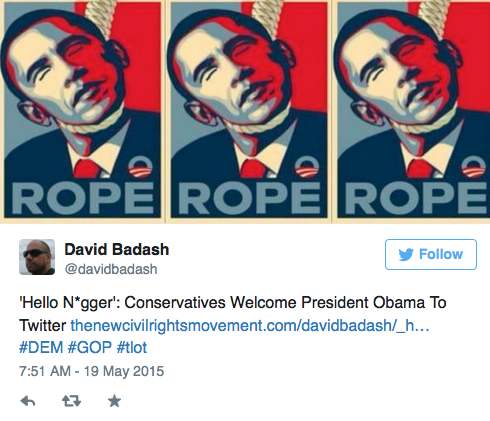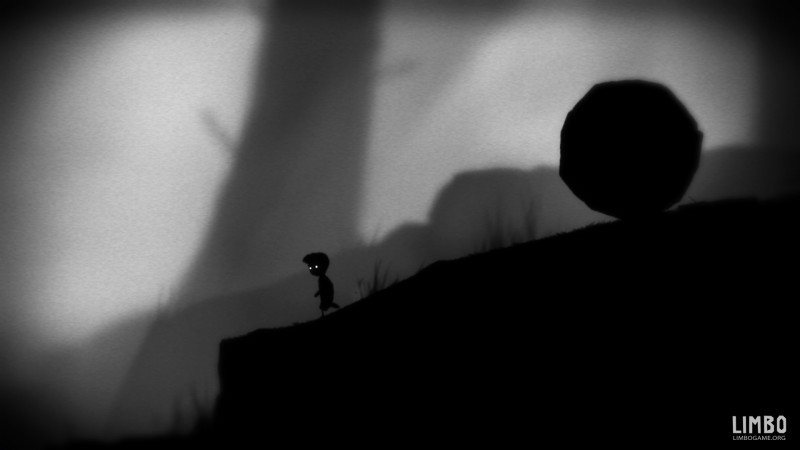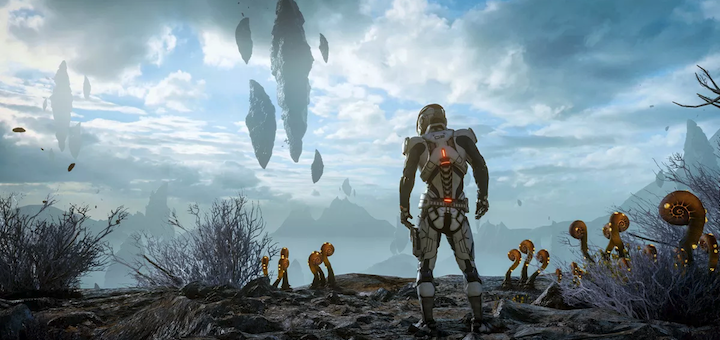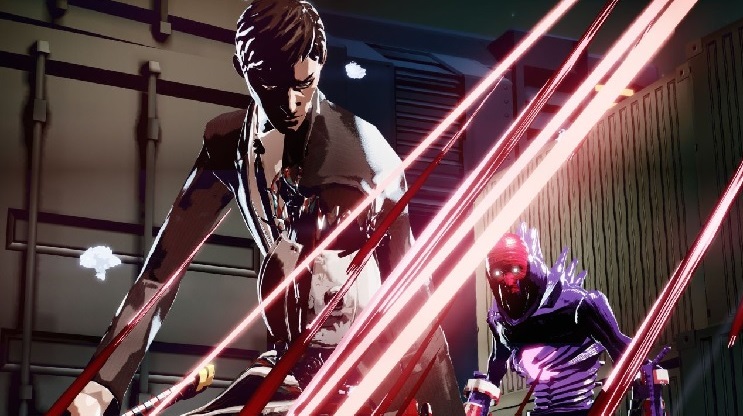Sometimes gamers forget that the virtual worlds we participate in, while they often become as much our “real” world as meat space, are not subject to the same laws of freedom of speech as our meat space. When we participate on forums, chat within a game, or send someone a message online, we are most likely using a company’s software, and for the most part, that company gets to decide what’s appropriate or not. While you are free to say almost anything in the privacy of your own home, technology has allowed those words to be broadcast to the entire world if you want. This complicates matters, and it seems that for many, this boundary of private and public has created an enormous amount of confusion.
I don’t get to send someone a picture of a penis through Twitter; nor can I spam someone to buy my product; nor can I create an account meant to look like a specific person, though that last one is done some times. In fact, all of the behaviors “banned” under Twitter’s Rules and Policies are done every day. I’m sure Twitter employees don’t get to all of them, but I imagine the most egregious ones are caught. Despite what many believe, using Twitter is not the same as holding a protest sign in front of the capital building. It may have that effect, but Twitter is still a company, that wants to make money, that is at least somewhat responsible for what users do with their product. It’s not a violation of your freedom of speech to be banned from Twitter.
For example, it took all of 10 minutes for the first racist tweet to be directed to president Obama after he made his first personal Twitter account. The racist tweets and threats continue to roll in. There are pictures of President Obama hanging from a rope, delightful comments wishing him cancer, and an uncountable number just welcoming his to Twitter using the n-word.  Of course, Twitter policy #4 prohibits violent threats or the promotion of violence through Twitter: “You may not publish or post threats of violence against others or promote violence against others.” The image above certainly seems like it violates that rule to me, as do many of the Tweets the President of the United State received. Then again, many tweets directed at women gamers fit this bill, sometimes even moreso, and it seems nothing happens. I am very interested to see how Twitter responds to the threats levied at the leader of the free world through Twitter. We all know they won’t do anything about the racism and homophobia, but it would be nice to see them step up against threats, for once. Perhaps even going further than banning an account, since another one can be easily made in its place.
Of course, Twitter policy #4 prohibits violent threats or the promotion of violence through Twitter: “You may not publish or post threats of violence against others or promote violence against others.” The image above certainly seems like it violates that rule to me, as do many of the Tweets the President of the United State received. Then again, many tweets directed at women gamers fit this bill, sometimes even moreso, and it seems nothing happens. I am very interested to see how Twitter responds to the threats levied at the leader of the free world through Twitter. We all know they won’t do anything about the racism and homophobia, but it would be nice to see them step up against threats, for once. Perhaps even going further than banning an account, since another one can be easily made in its place.
Yes, it seems that over this last week a few different news items cropped up that showed many, many people believe they have certain rights to say whatever they want or do whatever they want on and through other companies’ games and social networks without repercussion. Case 1: World of Warcraft bans.
I am an old school WoWer. I spent much of my early 20s playing WoW morning, noon, and night. If you played WoW back then, you know how all consuming it could be. I can’t say I was ever good enough or competitive enough to be bleeding edge, but I played the game deeply. Even then I remember watching people cheat: those who would farm and sell gold, those who would login on multiple accounts to level and then sell the characters, and those who would use illegal mods. It was always an insult thrown around when a person had a high level character that they obviously didn’t know how to play. Did you buy that account? Cheating in this way was prevalent back then, but it wasn’t intrusive. Most people I met leveled their characters themselves and were too scared of being banned to buy gold. I only ever knew one person who did buy gold, and he was caught, and his account was banned. I don’t know if I’ve ever seen someone more broken than he was by that banning.
The strictness of the rules created a fair environment, which made the game more enjoyable. Just because a player had money in real life didn’t give them an advantage in the game. Everyone had to work hard to achieve what they had. Last week Blizzard banned over 100,000 accounts for 6 months each, primarily for using bots. These bots would go into battlegrounds and autoplay your character for maximum rewards. Three things are interesting about this: 1) the number of accounts banned 2) the idea of botting in a game and 3) the length of the ban.
Banning that number of accounts was a huge move for blizzard. They only have approximately 7 million subscribers, with that number falling every day. This was an important step to attempt to make the game more fair. According to players, botting was starting to ruin gameplay. In one video, ZybakTV encounters an entire team of bots. The primary software group that made these bots, HonorBuddy, has even quit over the bans. HonorBuddy released the following statement announcing their decision to not make more bots for the time being:
“With Honorbuddy you thought that we are unbeateable, we never thought that, we’ve succeeded since 2010—Honorbuddy had not a single software detection. It seems there is one now.”
“We are sorry for all your lost WOW Accounts, hopefully you can use them again after the 6 months ban is lifted. I have read here in the forums a bit, a lot of the accounts where 10 years old. This is a pity. We always say, do not use your valuable accounts as the risk is always there.”
“You ask yourself what happens next? For now we closed our Honorbuddy Authentication, when we know any more details we will inform you.”
I think I would feel more sorry for HB, but I have first hand experience with how terrible it is to fight a bot in a PVP match. It sucks. Even more interesting in this situation is the length of the bans themselves. For years Blizzard was known for its iron fist when it came to dolling out punishments. If you violated your terms of agreement, you likely were banned for life. Botting is a serious offense, yet these accounts were only banned for six months. It does remain to be seen, however, if the accounts will remain intact once they are given back to players. As some of the accounts were 10 years old, as HB states above, it is likely that the player has 10 years worth of stuff. I will be interested to see if Blizzard strips them of anything.
Players were upset at the ban, no doubt. But what’s even more interesting and relevant to this post is how many people rallied around Blizzard’s decision. Twitter was full of people crying, ‘then don’t cheat!’ That seemed to be the consensus around the web: don’t participate in an illegal behavior and then be upset when you pay the price. Behavior such as botting has a clear definition, a clear way to check for violations, and it is clearly against the terms of agreement.
But what about a behavior such as harassment? Harassment is more subjective, and many don’t believe that what they do is harassment when they engage is harassing behaviors. Harassment isn’t as easy to check for or prove as botting, yet it is just as illegal, at least in World of Warcraft and on Twitter and on many other platforms. Most people don’t read their terms of agreement before clicking the box, but trust me, those anti-harassment policies are often there.
So why was the Twitterverse up in arms this week after Reddit announced that it would be implementing a new rule in an attempt to “keep everyone safe.” In the document released Thursday, architects of the plan define harassment as “Systematic and/or continued actions to torment or demean someone in a way that would make a reasonable person (1) conclude that reddit is not a safe platform to express their ideas or participate in the conversation, or (2) fear for their safety or the safety of those around them.” As a side note, I am excited about this definition for one primary reasion: GGers often claim that any time a feminist disagrees with them, or insults them, and so on, that the feminist is engaging in the same behavior as they are accusing GGers of. That is not the case. When this comes up it is usually happening in a 1 to 1 conversation, not systematically or continually, and it doesn’t happen in a way that makes the GGer unsafe. Many GG folks have equated any kind of critique or disagreement with harassment in an effort to undermine the people who argue against them (if you don’t believe me, read through the comments here). This definition sidesteps that, as they can claim disagreement is harassment, but it will not stand up to these guidelines.
Another thing I find fascinating about the Reddit guidelines is how they went about telling folks about them. They didn’t just say, ‘here is our new policy.’ But it’s announced with stories, with examples, and with rationale. It does not have a top-down feel at all, but completely explains why the authors feel this is necessary. I personally think this is a much better tactic than a blanket harassment policy that could be for a Target store as much as an online website. A lot of thought and honesty went into this accouncement.
I do wonder how this policy will be implemented. The authors clearly state that the goal of this is to protect people in their efforts to share ideas. Does this mean it protects the person who posts racists and sexists sentiments? I imagine it would. It doesn’t protect them from people disagreeing with them, but it protects that person from systematic harassment because of what they said. Is this a good thing? Should people who post sexist and racist things be subject to harassment? They should be subject to a lot of things, such as massive disagreement, but not death and rape threats. I would say that there are much better ways to deal with people like that than harassment. Further, as we have seen in the case of GG versus women, the harassment, death threats, and so on have only served to get people to rally around the women’s causes.
Why people find botting such an inoffensive behavior to punish, while curtailing harassment is seen as a violation of free speech is beyond me. One may be harder to prove, but it really isn’t that hard or that nebulous. Both behaviors ruin the experience for other users. Bots make it impossible to play the game in a fair way; harassment makes it impossible to play another kind of game in a fair way. Both policies are about empowering users who use the system ethically. I gotta get behind that.
One thing is for sure: people will see this new Reddit policy as further evidence of feminism destroying the world of free speech. In the end, though, Reddit still is a company. They might not make much money, but they are a company. They get to decide how users use their products. They clearly have a strong ethical belief that users should be able to express their opinions freely—and they saw this belief not coming to fruition in practice because of harassment. Making this policy that polices behavior ironically could open the door to even more possibilities for free speech. I imagine many silenced people or people afraid of harassment on reddit will find this new policy a relief; they will find it freeing. At any rate, I am very interested in how this will all turn out.




